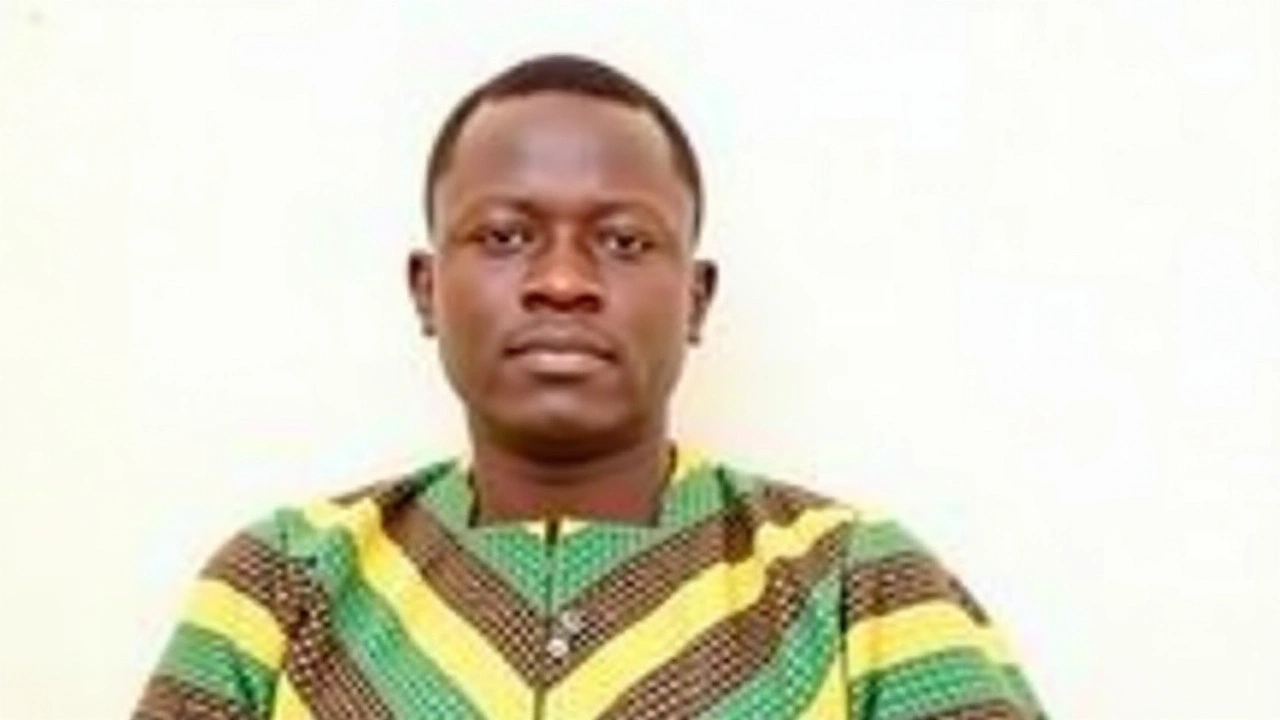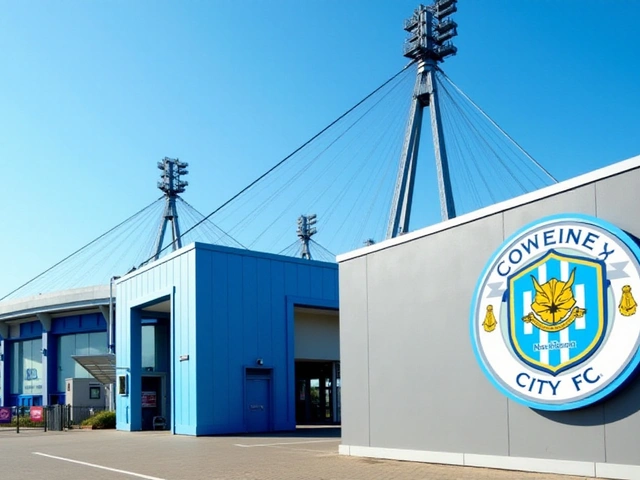
Reno Omokri, a familiar figure in the realm of political commentary owing to his previous role as a presidential aide, recently found himself in the midst of an online skirmish revolving around President Bola Tinubu. The commotion began with a claim swirling through social media, hinting at Tinubu’s entanglement with the Central Intelligence Agency (CIA) as an intelligence asset. Journalist David Hundeyin propelled the narrative forward, hinting at implications that rose from a typical non-committal stance of the CIA in response to a Freedom of Information Act (FOIA) request. This caused quite a stir, with varying opinions circulating in Nigeria and beyond.
Omokri tackled these rumors with a firm rebuttal, branding them as mischievous interpretations that lack substantial proof or understanding of how the CIA operates. He harkened back to historical precedents, naming cases like Connell v. CIA, ACLU v. CIA, and National Security Archive v. CIA, all illustrating a similar pattern where the CIA refrains from divulging information to FOIA requests. According to Omokri, in all these instances, the CIA's responses were historically consistent, yet often misconstrued by those eager to weave narratives unsupported by concrete evidence.
In dissecting the CIA's standard operating procedures, Omokri was quick to point out that their refusal to respond with detailed information is more a reflection of their operational confidentiality rather than an admission of involvement or guilt. He argues that a denial from the CIA does not equate to confirmation of any claims, especially those suggesting that President Tinubu holds the shadowy position of a CIA asset. The nuances in governmental responses are often missed by those unaware of the intricacies involved in intelligence operations and diplomatic language.
The swirl of speculation around President Tinubu places Nigerians at a crossroads of information discernment. Omokri's call was clear: to dismiss these rumors and avoid falling into the traps laid by what he deems 'mischief makers'. He emphasizes the importance of critical thinking and informed judgment, rather than succumbing to sensationalist headlines or the seductive pull of conspiratorial narratives. Omokri's stance offers a sobering reminder of the need for discernment in a digital age where misinformation can spread more rapidly and with more potency than ever before.
Amidst this backdrop, the reactions on social media have been mixed. Some avid sharers of the initial claims by journalist Hundeyin remain steadfast, buoyed perhaps by the intrigue and allure of a potential governmental scandal. Yet, others heed Omokri's warnings, aware of the tendency for misinformation to snowball until it becomes indistinguishable from truth. In such a scenario, the onus falls on responsible parties, like Omokri, to step forward and clarify matters so that public discourse remains rooted in reality.
Looking deeper into the roots of such claims, it's conceivable that these rumors stem from a broader context of political tensions and allegiances in Nigeria's socio-political landscape. President Tinubu's rise to power naturally invites scrutiny and speculation, as is the case with many figures who step into positions of significant influence. The notion of international intelligence involvement, while tantalizing to conspiracy theorists, often lacks substantive backing required to transition from speculation to factual reporting.
For Nigerians, and indeed the global audience that tunes into the developments in Africa's most populous nation, Omokri's comments serve as a reminder to critically evaluate the information they receive. It's a challenge in the face of digital acceleration and news cycles that never rest. Yet it is a necessary pursuit if the integrity of personal insight and collective understanding is to be preserved. The lens through which we view political narrative must be finely polished, ensuring accuracy and fairness.
Ultimately, Omokri's response reflects on the broader challenges faced by societies in the digital age, where information—and indeed misinformation—travels at lighting speed, and the truth becomes a harder quarry to demolish from the clutches of ambiguity. His voice adds to a chorus urging for calm, clarity, and the judicious consumption of news, especially in climates as volatile as the one currently seen surrounding President Tinubu.
In closing, while the story of President Tinubu as a CIA asset may have arisen as a captivating tale, Omokri’s intervention acts as a grounded reality check. It underscores the importance of verifying information against a backdrop of established procedures, highlighting that not every headline commands the same weight of truth. As Digital Era politics continues to unfurl, this narrative serves as but one chapter in the ongoing exploration of information veracity and public trust.
November 15, 2024 AT 09:07
OMG YES 🙌 this is exactly why I stopped scrolling through Twitter at 2am 🤦♀️
That 'no comment' = guilty logic is so toxic
I work in gov info security and trust me - silence is protocol, not confession
If they said 'yes he's ours' that'd be a leak bigger than Snowden
And if they said 'no' that'd be a lie because they can't confirm or deny ANYTHING
It's not about Tinubu, it's about how we've trained ourselves to hear drama in silence
Reno’s right - we’re all just hungry for villains now
Even when the story has no plot
I literally cried laughing at the people saying 'CIA doesn't respond so he's definitely one'
That's like saying 'my neighbor didn't wave back so he's a spy'
We need to teach critical thinking in schools like yesterday
November 16, 2024 AT 12:33
The CIA's non-response is a legal and operational artifact, not an epistemological admission.
The burden of proof lies with the accuser, not the institution that refuses to validate speculation.
This pattern repeats across intelligence agencies globally - silence is the shield, not the confession.
To interpret it otherwise is to confuse procedural restraint with moral complicity.
The real tragedy isn't the rumor - it's how quickly society swaps epistemic humility for performative outrage.
November 17, 2024 AT 11:38
Honestly this is such a good breakdown
I used to fall for this stuff too until I started reading actual FOIA responses
The CIA's template reply is literally the same for every request about every foreign leader
It's not a secret code, it's a legal formality
Also shoutout to Reno for not just yelling 'fake news' but actually explaining the mechanism
That's the kind of clarity we need more of
November 19, 2024 AT 08:26
The institutional opacity of intel agencies is a feature not a bug - it's the operational envelope that allows them to function without compromising sources or methods
When people conflate non-disclosure with complicity they're engaging in a cognitive bias called 'confirmation bias meets narrative hunger'
The real threat here isn't foreign interference - it's the erosion of epistemic literacy
We're all becoming amateur analysts with zero training in intelligence doctrine
And that's way more dangerous than any alleged asset
November 19, 2024 AT 19:28
Oh please. The CIA has been manipulating African politics since the 50s. Congo, Ghana, Nigeria - you think they just sat this one out?
Reno’s just another paid shill trying to pacify the masses
'No comment' means 'we don't want you to know' - not 'we didn't do it'
You people are so naive you think democracy is a real thing and not a puppet show
Wake up. The game has been rigged for 70 years and you're still asking for proof
November 20, 2024 AT 19:15
bro if CIA was running Tinubu they'd have leaked something by now to destabilize the opposition
they don't waste assets on quiet leaders
they go for the loud ones
November 21, 2024 AT 16:27
i just read the FOIA doc and its like 3 lines and says 'we cant confirm or deny'
its literally the same thing they say about every president ever
i think people just like drama more than facts lol
November 23, 2024 AT 02:04
It’s heartbreaking how easily we trade nuance for noise.
The same people who scream 'fake news!' when inconvenient are the first to believe wild claims without evidence.
We need more voices like Reno’s - calm, informed, and unafraid to say 'this doesn’t add up.'
Not every mystery needs a villain.
November 23, 2024 AT 16:26
This is why I love when people actually know what they're talking about instead of just retweeting memes
The CIA's FOIA response is like a vending machine that says 'out of stock' - it doesn't mean you got the candy, it means they won't tell you if they even had it
We need more of this kind of clarity in the public square
November 25, 2024 AT 12:41
You think this is about Tinubu? Nah. This is about control. The CIA doesn't need to 'own' him - they just need to make sure he doesn't rock the boat.
Nigeria's oil? Its pipeline? Its debt? All under silent watch.
Reno’s just another corporate mouthpiece with a Twitter account.
'No comment' = 'we’re watching, and you’re not allowed to know.'
The real asset isn't the president - it's the people who believe the silence means innocence.






November 14, 2024 AT 19:13
CIA never confirms or denies anything bro its their whole brand
stop reading headlines and start reading FOIA responses